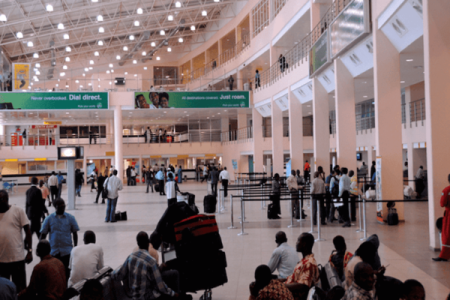
A groundbreaking report by SB Morgen Intelligence, titled "Paying the Price on Health," has unearthed a concerning reality within Nigeria's healthcare landscape. Against the backdrop of economic challenges, the report forewarns that over-the-counter medications may become financially out of reach for a significant population.
The extensive analysis, covering the period from 2019 to 2023, discloses an alarming surge of over 1,000% in antibiotic prices, notably with 500mg Ampiclox capsules witnessing an unprecedented 1,390% increase in cost. The report delves into the nuanced impacts across essential medicine categories, revealing distinct trends in Antimalarial, Painkillers, and Common Cold medicines.
Emphasizing the economic squeeze, the study notes that 19% of respondents reported significant healthcare spending from their income, with 67% making lifestyle adjustments to cope with the high cost of living, including cutting back on healthcare expenses. In the realm of painkillers, local manufacturer Emzor experiences significant cost and selling price spikes, shedding light on the broader economic influences on pharmaceutical production costs.
The report also underscores the potential repercussions on global health, asserting that the escalating drug costs in Nigeria could amplify international health challenges by limiting access to vital medicines, exacerbating disease spread, and compromising global health security.
Additionally, the report reveals the foreign exchange crisis as a key driver behind the surge in medicine costs, signifying potential challenges to the pharmaceutical business's profitability.
This comprehensive examination prompts critical questions about the sustainability of healthcare accessibility in Nigeria and the broader implications for global health dynamics.






